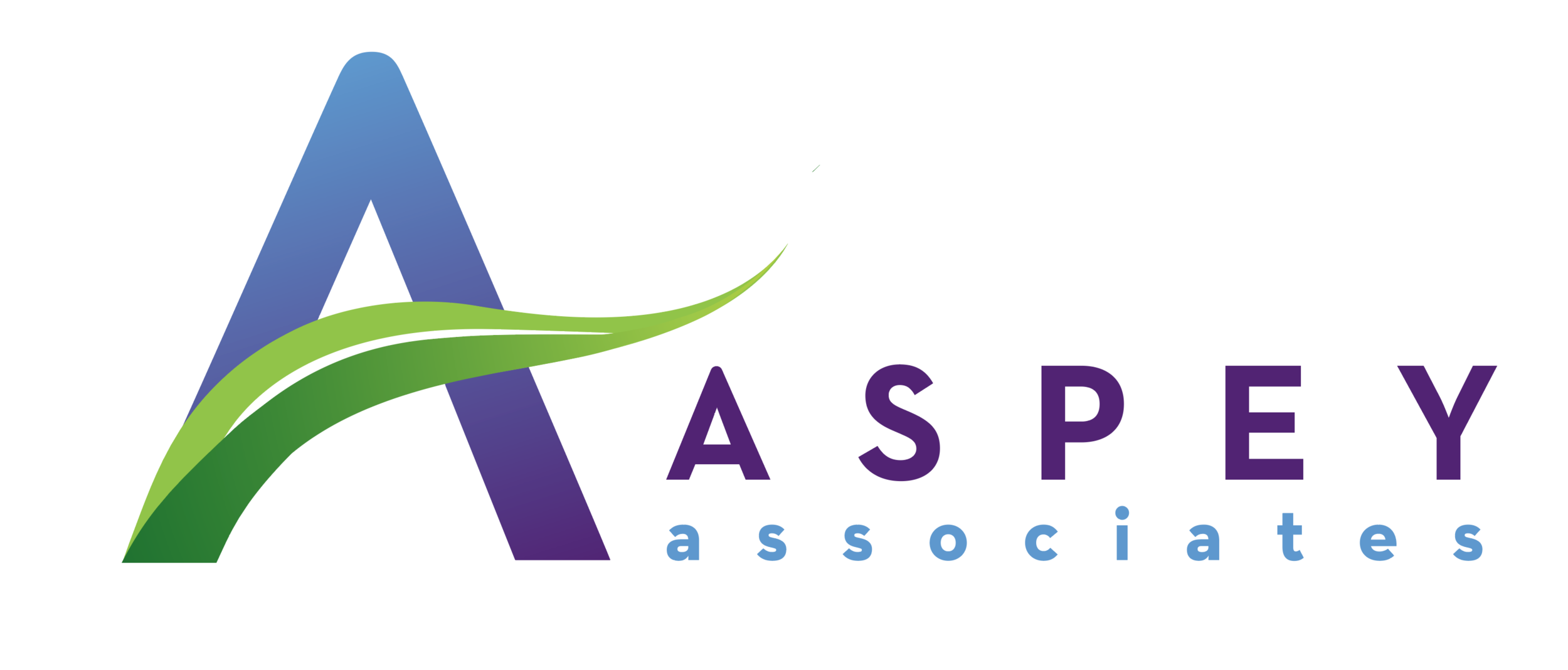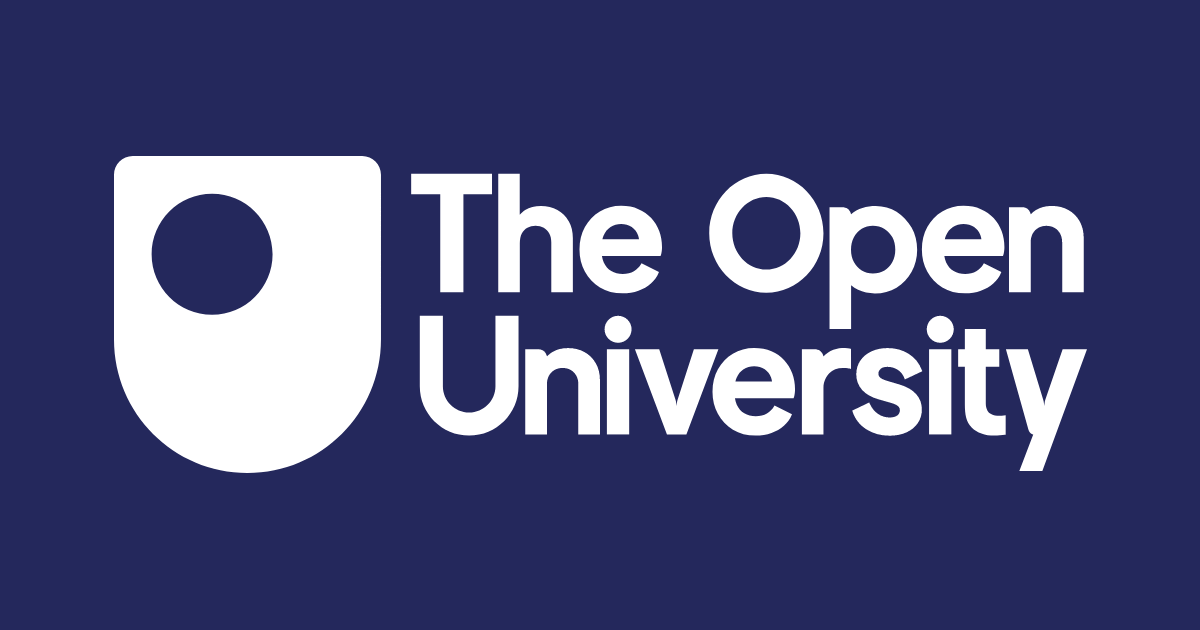Introducing Climate Psychology: facing the climate crisis
This free self-paced online course introduces the emerging field of Climate Psychology. It is now widely accepted that facts about climate change, taken alone, do not promote change. There is growing recognition that deeper psychological perspectives, beyond traditional psychological approaches, could enrich environment movements. Additionally, evidence is building that climate change can lead to negative consequences for mental health and wellbeing. Taking a critical eco-psycho-social perspective you will explore ideas from social theory, psychoanalysis, ecopsychology, eco-feminism and post-humanism to gain a deeper understanding of the climate and ecological crisis, its impact on our wellbeing and how to build psychological resilience.
This course is hosted on Open Learn, the free learning platform from The Open University, and is endorsed and supported by the Climate Psychology Alliance
Access the course here
(you will need to search for “Climate Psychology”)
The Search for New Stories to Live By: Econarrative and Ethical Leadership
We can all be ethical leaders, whether leading our lives, our families, our communities, our companies, or our countries. All we need is a clear ethical vision, critical awareness of the stories that underpin our unsustainable society, the ability to seek out new stories to live by, and to communicate those stories in inspiring ways.
In this course, ethical leadership is defined as shaping how others perceive themselves and the society around them based on an ecological vision.
The goals of this free, self paced online course are
a) for learners to develop critical awareness of the stories that underpin our current unsustainable civilisation
b) to develop skills in using language in inspiring ways to convey new stories to live by and contribute to bringing a new sustainable civilisation into being.
It is a self-study course where you work your way through the eight parts, watching video talks, reading notes, completing exercises and looking through the detailed PowerPoint slides.
In the course we examine the use of narratives by ethical leaders who are doing just that. They include community elders, writers, poets, activists, campaigners, scientists and politicians, and all of them are storytellers in one way or another. We will examine the stories they tell and how they tell them, seeking out ways of imagining a radically different society and bringing that society into being.
The course has been created by Arran Stibbe, professor of narrative ecology, based on his 2024 book Econarrative: ethics, ecology and the search for new stories to live by (Bloomsbury), working with a team of colleagues at the University of Gloucestershire and a wider international team as part of the CLADES project (Critical Language Awareness, Democratic Engagement and Sustainability). CLADES is funded by the European Commission under the Erasmus+ programme. The course follows the successful free online course in ecolinguistics, The Stories We Live By.
And it has been adopted by the United Nations as part of their SDG:learn programme.



